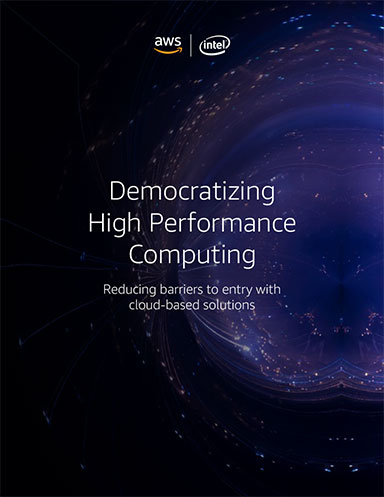
A new standalone service for the Polygon Streaming technology enables ability to bring high-fidelity, interactive 3D models into workflows across a range of devices. Image courtesy of VIVERSE.
Latest News
July 19, 2024
VIVERSE, the spatial computing platform by HTC, is launching a new standalone service for its Polygon Streaming technology, making it available outside of VIVERSE for the first time. This empowers organizations to flexibly bring high-fidelity, interactive 3D models into their workflows across a range of devices including smartphones, tablets, laptops/PCs or XR headsets.
Polygon Streaming combines server-side processing with client-side rendering, reducing bandwidth and processing power requirements. It streams the actual 3D data of an asset, transmitting only the necessary polygon data for the sections of the 3D model the user is looking at, and at the level of detail appropriate to their distance from the object.
A live example of Polygon Streaming can be seen here.
“It's never been easier to develop 3D assets, but sharing them with others has remained a barrier,” says Joseph Lin, general manager of VIVERSE. “Polygon Streaming opens up new possibilities for everyone, transforming any device so people can enjoy everything from interactive product showcases, to collaboration and immersive virtual environments.”
Polygon Streaming targets industries using 3D assets, including engineering, industrial design, and more.
VIVERSE's Polygon Streaming is an optimized rendering method that streams only the necessary polygon data for rendering the visible sections of a 3D asset. This method employs advanced techniques such as occlusion culling and adaptive levels of detail. These techniques reduce rendering resources and bandwidth requirements while maintaining low latency.
Polygon Streaming can be used for an individual object, as well as managing dozens of assets within the same world. This means entire environments can be optimized, maximizing the visual experience for users regardless of the network and device hardware limitations.
The platform intelligently and automatically adjusts based on network and hardware conditions, ensuring high visual fidelity and interactivity. This enables complex 3D assets and scenes to be rendered even on lower-end devices.
Other key features of VIVERSE's Polygon Streaming include:
- Web-based interface: Upload, convert, and manage 3D assets through a web console, providing access and monitoring of storage, model, project, and bandwidth usage.
- Dynamic versioning: 3D assets can be updated at any time, eliminating the need to roll out updates to the applications that stream them.
- WebXR Compatibility: Full compatibility with WebXR standards ensures that interactive 3D content can be experienced in web-based and virtual and augmented reality environments.
Pricing and Availability
VIVERSE Polygon Streaming technology is now available in an early release with flexible pricing options starting from $99. Additionally, Polygon Streaming technology is already integrated into VIVERSE for Business, the spatial collaboration platform. This integration enables detailed 3D assets to be brought into spatial environments, enhancing collaboration and visualization in various industries.
Sources: Press materials received from the company and additional information gleaned from the company’s website.
Subscribe to our FREE magazine, FREE email newsletters or both!
Latest News
About the Author
DE’s editors contribute news and new product announcements to Digital Engineering.
Press releases may be sent to them via DE-Editors@digitaleng.news.






